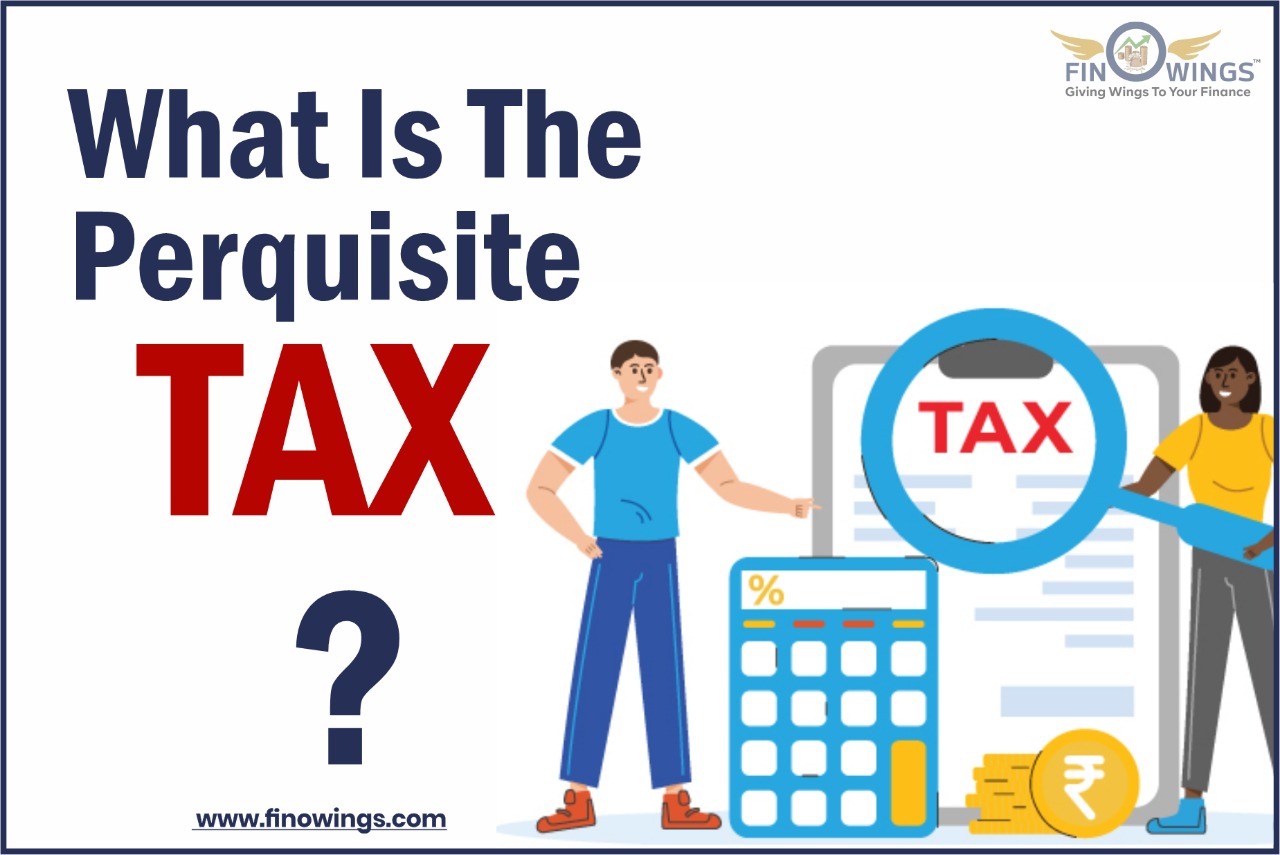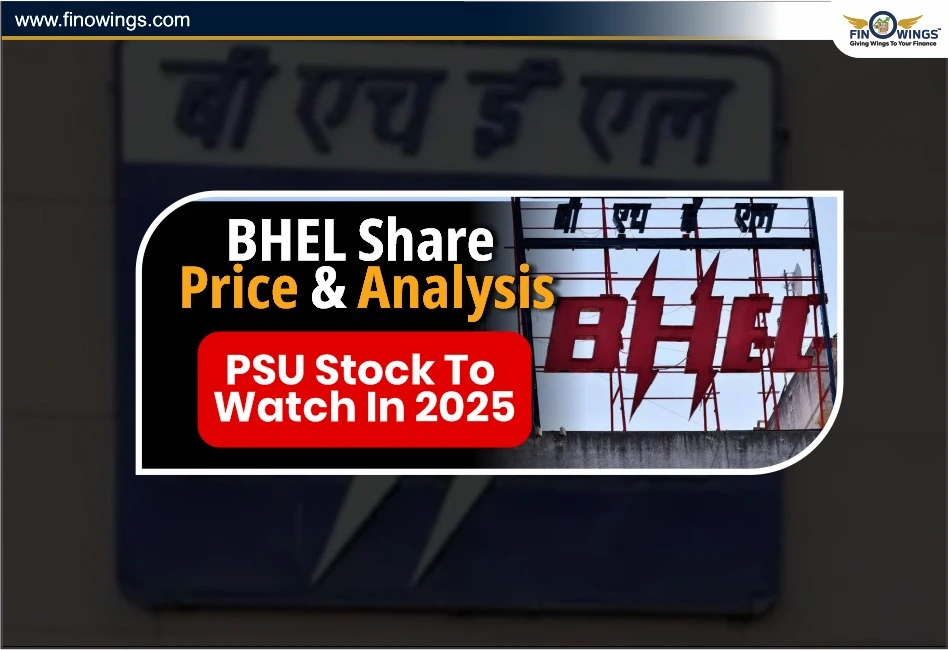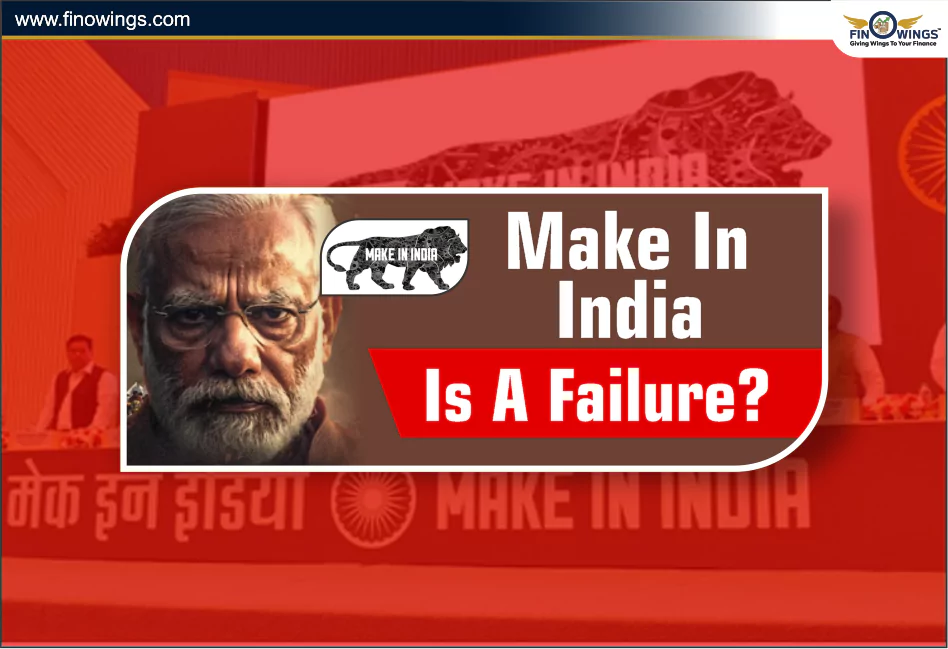Home >> Blog >> Perquisites and Taxes: What Every Employee Should Understand
Perquisites and Taxes: What Every Employee Should Understand

Table of Contents
1. Perquisites under Income Tax Act
A non-cash advantage provided by a company to an employee qualifies as a prerequisite. An advantage that an employee receives or is eligible for because of their post or work is referred to as a precondition under the Income Tax Act. For the employee, receiving perquisites has significant tax repercussions. A prerequisite is taxed as part of the employee's assessment when an employee acquires a requirement throughout employment. An employee's salary income is adjusted to incorporate the value of any perquisites they get. The perquisites may cause the employee's taxable income to surpass the basic exemption threshold. The need for Tax Deducted at Source (TDS) arises if the taxable income exceeds the basic exemption threshold. Perquisites are non-monetary concerns, although the TDS on the employee's wage is a cash withholding, the taxpayer should be aware of this. The person must file an income tax return once their income exceeds the basic exemption threshold and TDS is withheld. Perquisites, therefore have tax repercussions even when they benefit the taxpayer. As a result, it is up to the taxpayer to select among a variety of perquisites while taking into account their respective tax implications.
2. What are the Perquisites?
Advantages that an individual receives that are extra to their income or compensation and are related to their official job are known as perquisites. Based on their nature, certain perks or perquisites may or may not be taxable.
Fringe benefits or perks are a broad category of benefits and perks that are provided extra to a person's pay. To preserve openness and accountability, these elements are taxed independently from the employer's account.
3. Differentiating Perquisites:
The following three categories can be applied to perquisites based on the tax that is applied to them.
-
Taxable Perquisites: Rent-free housing, the provision of gas, water, and electricity, the professional tax of the employee, the reimbursement of medical expenses, and the income of a servant employed by the employee are a few perquisites that are tax-deductible. Any other fringe benefit that the employer offers the employee, such as free meals, presents that cost more than Rs. 5000, access to a club or gym, etc., is likewise considered a perquisite and is subject to taxation.
-
Exempted Perquisites: Travel allowance, computers or laptops offered by the corporation for official use, refreshments given by the employer all through business hours, medical assistance, utilization of health clubs and sports facilities, telephone lines, interest-free salary loans offered to employees, employer contributions to the provident fund, free medical and recreational services, and other advantages are examples of non-taxable fringe benefits.
-
Perquisites were taxable only by employees: These perquisites involve things like a company-owned car that an employee is suing over, a place for kids to go to school, domestic help, etcetera.
4. Who Pays Perquisite Taxes?
According to the Finance Act of 2005, perks will be taxed by the government if specific benefits have been given to employees or are assumed to have been given to them.
Perquisites should preferably be taxed at a rate of 30% of the total amount of the available fringe benefits. Importantly, the companies who offer their employees the aforementioned advantages are responsible for paying the perquisite tax. They could be a business, a corporation, a group of people, or an organization of people.
5. How are Perquisites Taxes Calculated?
The taxability of perquisite is typically established as an average of income tax, which is Perquisite Tax calculation using the following factors:
-
The tax rate for the specified fiscal year.
-
Income is accounted for as "salaries."
-
Value of perquisites in relation to the employer's tax payment.
Computation of Perquisite Tax example. Assume that a normal employee's salary reported under "Salaries" is Rs. 800000, inclusive of Rs. 90000 in non-cash benefits provided by the employer. The perquisite tax in India will be based on the Income Tax Act and will be -
Rs. 800000 in income is assessed as "salaries."
Salary tax plus a 4% education and health levy equals Rs. 75400.
Tax rate 75400/800000 multiplied by 100 equals 9.4%.
Tax paid on Rs. 90000 equals Rs. 8316 (9.24% x 90000).
The monthly deposit amount is Rs. 8316/12, or Rs. 693.
Therefore, the employers will deduct Rs. 693 from the worker's wages as TDS.
6. Tax Exempt Perquisites
The perks listed below are exempt from taxes:
-
Perquisites that can be taken outside of India to perform services abroad The Government of India permits Indian citizens to get certain benefits under Section 10(7).
-
Residence for officials without rent. For example, a house might be offered to a Supreme Court or High Court judge, a member of the Parliament, a Union Minister, etc.
-
There are no benefits attached to the employer's telephone or smartphone charges made on the employees' accounts.
-
If interest-free loans or loans with reduced interest rates were given access for the treatment of illnesses listed in Rule 3A, the perquisites are exempt from tax. However, if it was a small loan under Rs. 200000, it would not be taxed.
7. Taxable Fringe Benefits
A prerequisite that requires the individual to pay tax individually and beforehand is known as a fringe benefit. The Act covers the following fringe benefits:
-
Cost of the accommodations made available to the worker.
-
Cost of the automobile that was given to the employee.
-
Valuation of a sweeper's, watchman's, gardener’s, and personal attendant's activities.
-
Amount of the gas, electricity, or water supply for the employee's household.
-
Amount of educational resources offered to employees' households at no cost or a reduced rate.
-
Free or discounted transportation is supplied to any employee's household member by an employer who is in the business of transporting products or passengers.
-
Amount of the benefit from an interest-free or low-interest loan given to the employee or any member of the employee's household.
-
On any holiday, the employer shall pay, bear, or reimburse the employee or any member of his household for travel, housing, food, and any other expenses.
-
Value of free food and non-alcoholic beverages were given to an employee by their company, excluding those given while they are on the job at their place of employment or through non-transferable paid coupons valid solely at restaurants.
-
Value of any gift, coupon, or token that the worker or any member of his household may get instead of a gift if the sum of all gifts received in the previous year surpassed Rs. 5,000.
-
The amount of any yearly or ongoing club dues that the employer has paid on behalf of the employee or any household members.
-
The cost of any mobile item used by the employee or a family member that is not owned by the employer.
8. Employee Benefits Not Considered as Perquisites
The specific advantages that an employee receives shouldn't be considered perquisites. As a result, the following things won't be listed under the heading of Salaries:
1. The cost of any medical care given to an employee or a member of his family in a hospital that the company maintains.
2. The amount paid by the employer in relation to any costs expended by the employee for his or any member of his family's medical care:
-
In any hospital that the Government maintains, any local authority maintains, or any other hospital that the Government has authorized for providing medical care to its workers
-
In any hospital authorized by the Principal Chief Commissioner or Chief Commissioner in compliance with the established standards for the specified diseases or conditions. In this situation, the employee must include a certification from the hospital that details the illness or condition for which medical care was necessary as well as a receipt for the hospital's fee.
3. Any payment paid on behalf of an employee by their employer to establish or maintain health insurance coverage for themselves or a member of their family under a plan approved by the Central Government or the Insurance Regulatory and Development Authority
4. Any amount paid by the employer about any expense spent by the employee for his or a member of his family's medical care that does not exceed 15,000 rupees during the fiscal year
5. Any costs the employer incurs or payments the employer makes to the employee in connection with:
-
Outside of India, the employee or any member of their family may receive medical care.
-
Travel and lodging expenses for the employee or any member of their family who is receiving medical treatment overseas.
-
To the extent permitted by the Reserve Bank of India, travel and lodging costs for one attendant who travels with the patient for this type of treatment may be deducted from perquisites. In addition, travel expenses should only be deducted from perquisites in the specific case of employees whose combined gross annual income does not exceed two lakh rupees.
Conclusion
Perquisites are extra benefits that employees receive on top of their pay. Certain perks or perquisites may or may not be taxable based on their nature. The term "fringe benefits" or "perks" refers to various extra advantages to a person's pay. These elements are taxed separately from the employer's account to preserve transparency and accountability.
The company's amenities are treated as perquisites and taxed per established laws and regulations.
Frequently Asked Questions
Company automobiles, rent-free housing, and stock options are a few of the most typical perquisites that many firms provide to their staff.
Perquisites are subject to a tax rate of 30% of the value of fringe benefits. The employer that provides these fringe benefits to workers is responsible for paying the perquisite tax. It could be an organization, a business, a group of people united in an association, or a corporation.
According to the Finance Act of 2005, perks shall be taxed by the government if they have been given to workers or are viewed as having been given to them by employers. Perquisites should preferably be taxed at a rate of 30% of the total amount of the available fringe benefits.
Only if a worker receives perquisites from his employer, are they counted as revenue toward his wage (maybe former, present, or prospective). The tax code's "Profits and gains of business or profession" or "Income from other sources" sections apply to perquisites that are obtained from a source other than an employer.
















